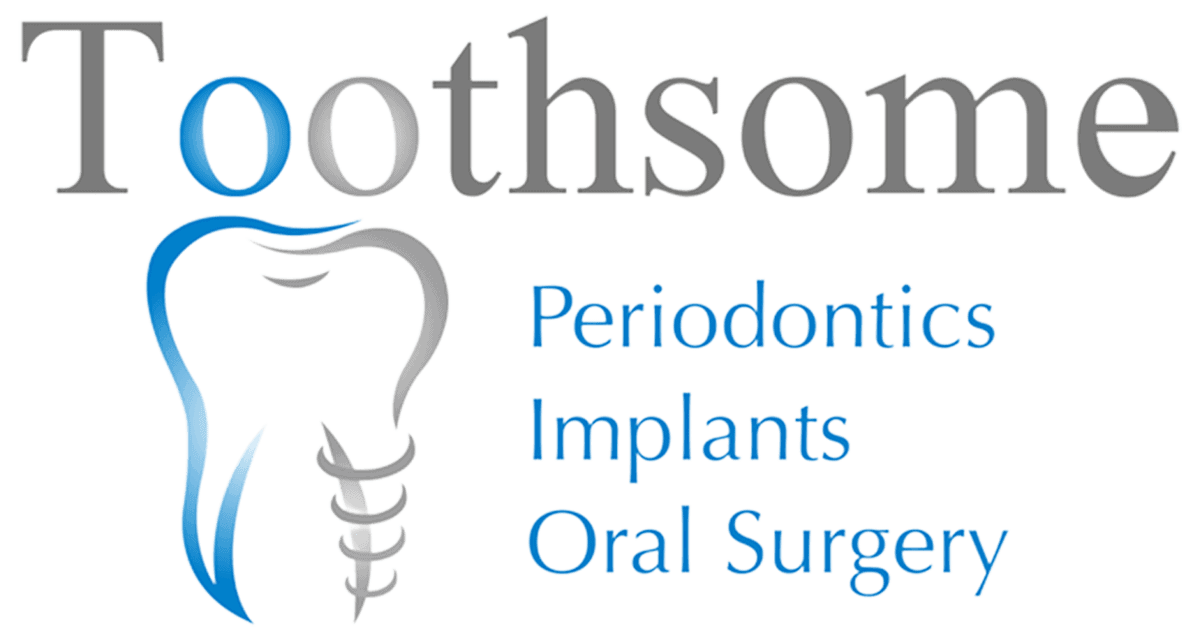
Wisdom teeth, also known as the third molars, are located at the back of your mouth. Wisdom teeth generally erupt between the ages of 17 and 21 and are noted for causing oral health issues.
People often experience wisdom teeth swelling and minimal discomfort as these molars come in. Swelling is not always a sign of an impending dental issue, but you should monitor your symptoms and know what to do if your condition worsens.
Normal Wisdom Teeth Swelling
Wisdom teeth swelling is common, especially when the teeth are just starting to break through the gum tissue.
If your wisdom teeth are properly aligned, swelling should subside shortly after they become visible above your gum tissue.
Causes of Post-Eruption Wisdom Teeth Swelling
Dental complications can cause additional wisdom teeth swelling after your molars have finished emerging. The common culprits of post-eruption wisdom teeth swelling are impacted wisdom teeth, excessive bacterial growth, cysts or abscesses, and gum disease.
Impacted Wisdom Teeth
Teeth that are improperly aligned upon eruption are considered impacted. They might emerge crooked and press against neighbouring teeth, causing dental damage. Occasionally, wisdom teeth swelling occurs when some of the tooth’s surface remains embedded in the gum tissue.
Excessive Bacterial Growth
Impacted wisdom teeth are more susceptible to tooth decay. Misaligned teeth trap food particles and are more difficult to clean by daily brushing.
The bacteria can cause cavities, or holes in your teeth, as well as infection and inflammation.
Tooth decay and mouth infections cause tenderness, redness, and local swelling, and must be treated to prevent more serious complications.

Cyst or Abscess
Wisdom teeth that are fully or partially trapped beneath gum tissue are at risk for forming cysts or abscesses. These complications cause tenderness and swelling, and, left untreated, can lead to teeth, jaw, and nerve damage.
Gum Disease
If your wisdom teeth are unimpacted, but you are still experiencing swelling, other dental problems, like gum disease, may be at fault.
Gingivitis is a mild form of gum disease caused by a build-up of plaque on the gum line. The symptoms of gingivitis include soreness, bleeding, and swelling.
Swelling localised around the wisdom teeth may be caused by pericoronitis, another form of gum disease. When wisdom teeth erupt, they sometimes create flaps of gum tissue that can trap food and bacteria and even lead to pericoronitis.
Duration of Wisdom Teeth Swelling
The length of wisdom teeth swelling depends largely on its root cause. In some cases, swelling subsides when food particles have been removed or the tooth has finished erupting. Other times, your wisdom teeth may need to be professionally extracted to reduce inflammation.
Don’t wait for wisdom teeth swelling to subside and run the risk of allowing an oral health problem to go unchecked. Schedule an appointment with a dentist to examine any inflammation around your mouth or jaw, especially around the time your wisdom teeth are erupting.
A short dental consultation can help determine the cause and proper treatment plan for your wisdom teeth swelling. You can also ask your dentist for tips on how to reduce wisdom teeth swelling.
How to Reduce Wisdom Teeth Swelling at Home
The best home remedies for wisdom teeth swelling depend on the cause of inflammation. The right method can reduce swelling to make eating and talking more comfortable, but it won’t protect your oral health if the swelling is symptomatic of a serious wisdom tooth complication.

If your wisdom teeth swelling is caused by bacteria growth or lodged food particles, it often helps to rinse your mouth with salt water or a prescribed oral rinse.
Taking extra care while brushing around your wisdom teeth can also help to remove food particles and dislodge bacteria.
If your wisdom teeth are impacted or just starting to erupt, cold compresses or ice packs can help soothe the area. Over-the-counter NSAIDs (Nonsteroidal anti-inflammatory drugs) can also be used at a dose and frequency determined by your dentist or general practitioner.
Wisdom Teeth Removal in Sydney
Home remedies and relief methods can reduce any inflammation and discomfort in the short-term. If your symptoms persist or become worse, wisdom teeth extraction can offer relief and reduce the risk of permanent damage caused by infections or spreading tooth decay.
Wisdom tooth extraction can seem frightening or stressful, especially to those who haven’t previously undergone oral surgery. At Toothsome, our team of qualified professionals, led by Dr David Willis and Dr Patty Chou, work to earn patient trust and provide premiere extraction services.
Toothsome offers local anaesthesia, twilight sedation, and general anaesthesia (in a hospital environment) to keep our patients comfortable throughout their wisdom tooth removal. Our flexible payment plans can relieve additional financial stress.
To learn more about your wisdom teeth and possible treatment options, book a free consultation at one of our three locations across Sydney.
Chatswood location: (02) 8203 8786Baulkham Hills location: (02) 9158 6637
Sydney location: (02) 9159 3728
Any surgical or invasive procedure carries risks. Before proceeding, you should seek a second opinion from an appropriately qualified health practitioner.


